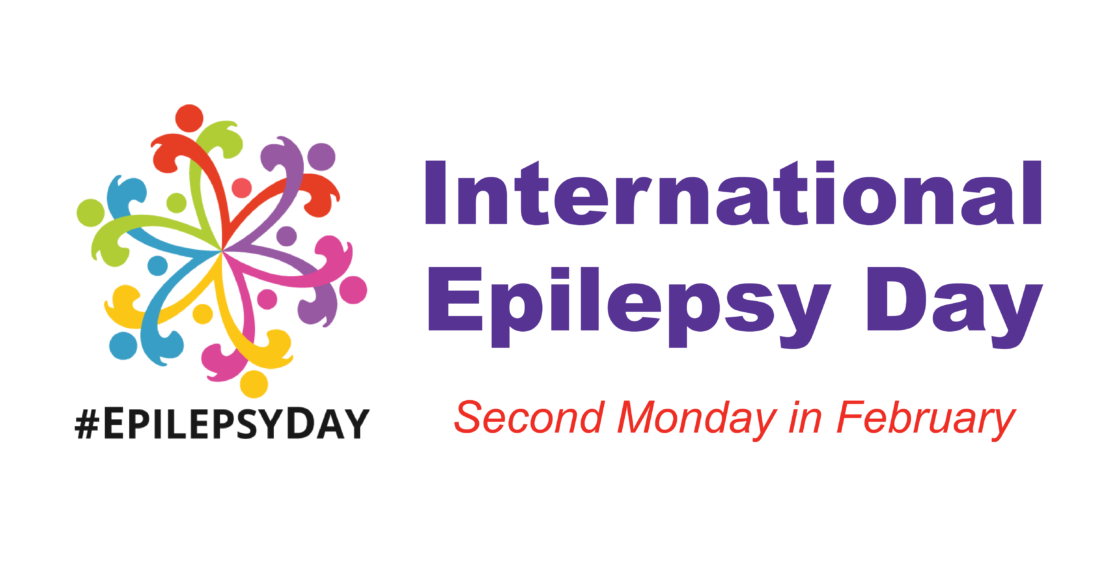Learning about Epilepsy
It’s important for us all to know more about Epilepsy

International Epilepsy Day (the second Monday in February) reminds us that it is imperative for us all to learn some new information on just what exactly epilepsy is, how many people in the country this condition affects, and why we need to raise awareness on it. As a student nurse, I want to learn more about the needs of individuals and their families or peers whose life have been affected and changed by epilepsy.
It is estimated that 50 million people in this world are living with epilepsy. To have epilepsy is to have a tendency to have recurring seizures. A seizure is when sudden bursts of profound electrical activity in the brain causes a temporary disruption to the normal working of the brain. This means that the brain’s messages become mixed up, leading to the onset of many different types of seizure occurring.
Individuals that suffer with epilepsy tend to state that every seizure experience is unique to only them. Here in Ireland, 37,000 people over the age of five are living with epilepsy. Epilepsy is often a hidden condition. This is due to the fact that for many people, epilepsy will only affect them for a short stage of their lives. Medication, and sometimes surgery act as controls but for many, it is a careful condition to live with. When one is diagnosed here in Ireland with epilepsy, they must learn how to cope with physical impacts of the seizures and also gain knowledge on the medications prescribed that control them. Some may suffer with impaired social and psychological functioning.
One of the supportive things we can do for a friend or family member with epilepsy is taking the time to learn more about the condition. Visit Epilepsy Ireland for more information. The teenage years hold enough times of turbulence and emotional growth for most Irish young people. Teens that live with the condition must be supported and understood by their peers. Developing epilepsy as a teenager can cause feelings of isolation and separation from friends. People living with epilepsy will want to live their life as independently as possible while keeping their seizures under control.
Epilepsy Ireland has a transition nurse advice line for teens and parents of teen every Monday afternoon from 2pm-5pm on (01)4554133.
There is a special type of ID jewellery called an Epi-Alert Bracelet that young people can wear which helps explain to the public that the person has epilepsy. Some teens may feel a bit negative towards wearing it but there are lot of types of ID bracelets available to find the one that's best for you.
For many people a seizure just happens. However, certain triggers can make seizures more likely. Common triggers can include missed medication, too much alcohol, lack of sleep, stress, and illnesses or fevers. Everyone is different and what affects one person may have no effect on another.
If someone that you are close to, or even that you see on the street or on a night out has a seizure, make sure that you have been educated on what to do.
- Take care to protect the person and stay with them while somebody else in close proximity calls for help.
- Check for a special identity bracelet, neck pendant or card with details of their epilepsy, medication, first aid and a contact phone number for a relative (they may be listed as "ICE" (in case of emergency) on their phone).
- Allow the seizure to run its course. Most people do not realise that you cannot actually physically stop it. Seizures last from a few seconds to a few minutes.
- Move the person onto their side when the seizure is over. Check out Epilepsy Ireland's first aid poster for more information on this.
- Remember to reassure the person and explain to them what has happened.
It's equally important to know what NOT to do:
- Don’t place anything in the mouth
- Don’t move the person unless they are in danger
- Don’t give them anything to drink/eat unless they have fully recovered
Call an ambulance if you notice one of the following:
- The seizure lasts for more than five minutes
- One seizure follows another without the person regaining consciousness
- The person is having difficulty breathing or they are injured.
- The person has another medical condition that could be affected by seizures.
- The person is pregnant.
- There is concern about recovery.
www.epilepsy.ie has many helpful tips in honour of World Epilepsy Day. For the majority of people, the condition is unlikely to impinge on their working lives and the majority live with this as an underlying condition, not a defining one. Epilepsy Ireland aspires to achieve a society where no individual’s life is limited by epilepsy.
This article was written by a SpunOut.ie volunteer. Check out our volunteering options here and get in touch if you’re interested in getting involved.






